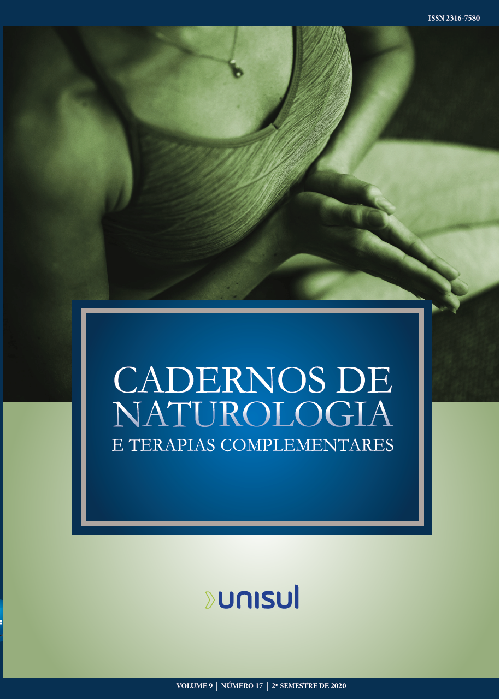A summary of the health-illness conception based on Wilhelm Reich’s orgonomic functionalism
DOI:
https://doi.org/10.19177/cntc.v9e17202053-67Keywords:
Reich, Wilhelm, orgonomic functionalism, psychosomatics, complementary and integrative practices (CIP), health. illness.Abstract
Introduction: The subject of this paper is the conception of health-illness based on orgonomic functionalism, the scientific-natural research methodology developed by Wilhelm Reich (1897-1957), which is based on energetic assumptions and properties investigated by this researcher in the manifestations of orgone energy. Objective: The main objective of this essay is to describe the concept of health-illness present in the reichian work. Method: This is a theoretical-descriptive and hermeneutic study. The primary bibliographic sources are books and articles written by Reich and his followers, which stand for the clinical and therapeutic axis of his work. Results: The orgonomic conception about health-illness is articulated around key concepts present in the author’s work, to name a few: the orgastic potency, the armoring, the notion of emotion as primary and secondary impulses, the orgone energy, its pulsation function and its disturbances and its blockages. Final considerations: Wilhelm Reich left a legacy that, in our view, deserves to be more scientifically explored, especially because his theories, methods, techniques and experiments generated, to some extent, the construction of internally coherent conceptions and concepts, which were explored by his followers, about health and illness, and, consequently, the development of knowledge, techniques and perspectives that can help in the prevention and treatment of various health problems.


